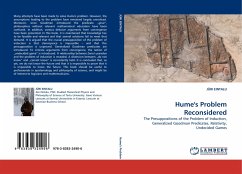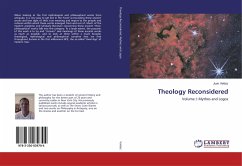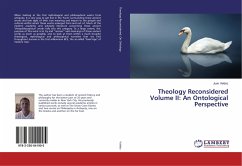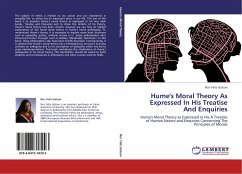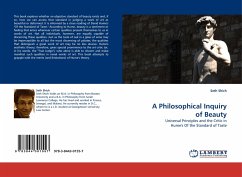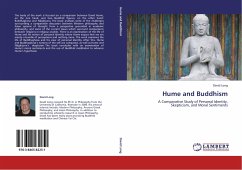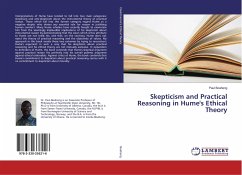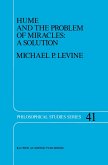Many attempts have been made to solve Hume's problem. However, the assumptions leading to the problem have remained largely unnoticed. Moreover, since Goodman introduced the predicate grue , philosophers without relevant mathematical education have been confused. In addition, various delusive arguments from convergence have been presented. In this book, it is maintained that knowledge has to be feasible and relevant and that several solutions fail to meet that demand. It is argued that the crucial presupposition of the problem of induction is that clairvoyance is impossible and that this presupposition is unproved. Generalized Goodman predicates are introduced. To criticize arguments from convergence, the notion of undecided game is introduced. A relationship between Zeno's paradox and the problem of induction is revealed. A distincion between do not know and cannot know is consistently held. It is concluded that, as yet, we do not know the future and that it is impossible to prove that it is impossible to know the future. This book should be useful to professionals in epistemology and philosophy of science, and might be of interest to logicians and mathematicians.

